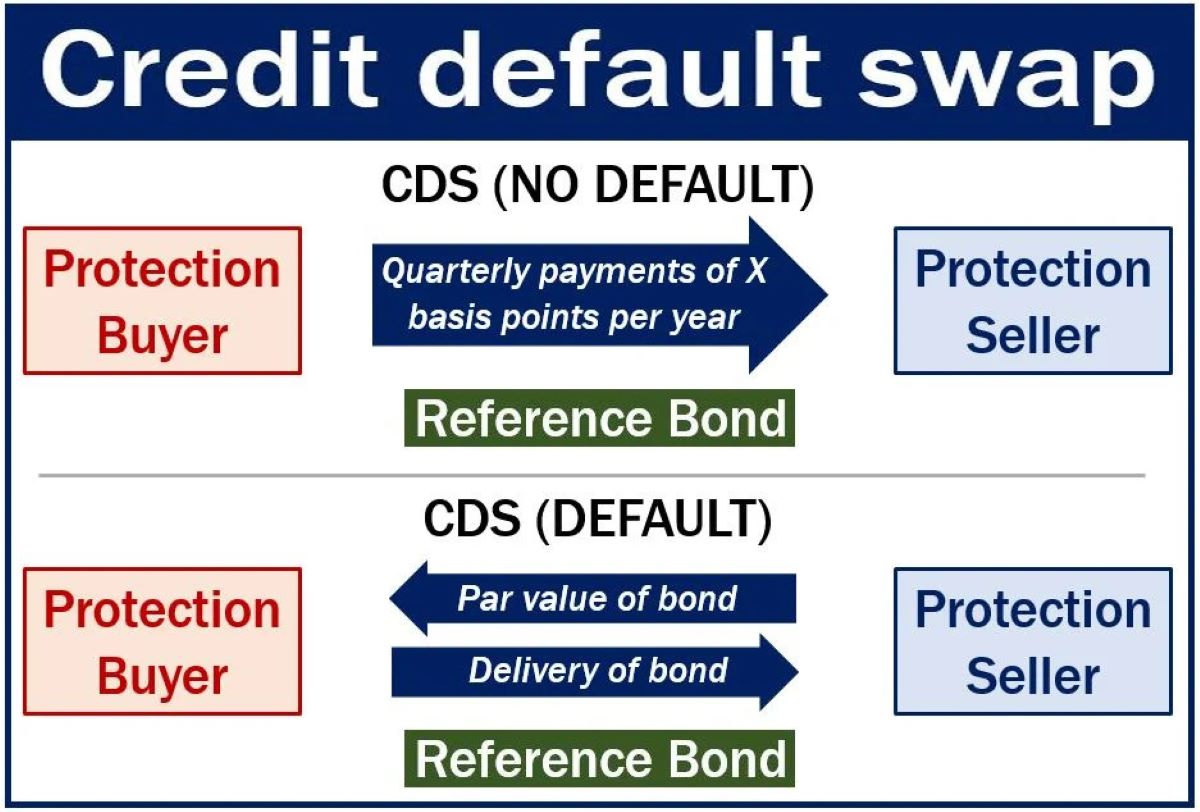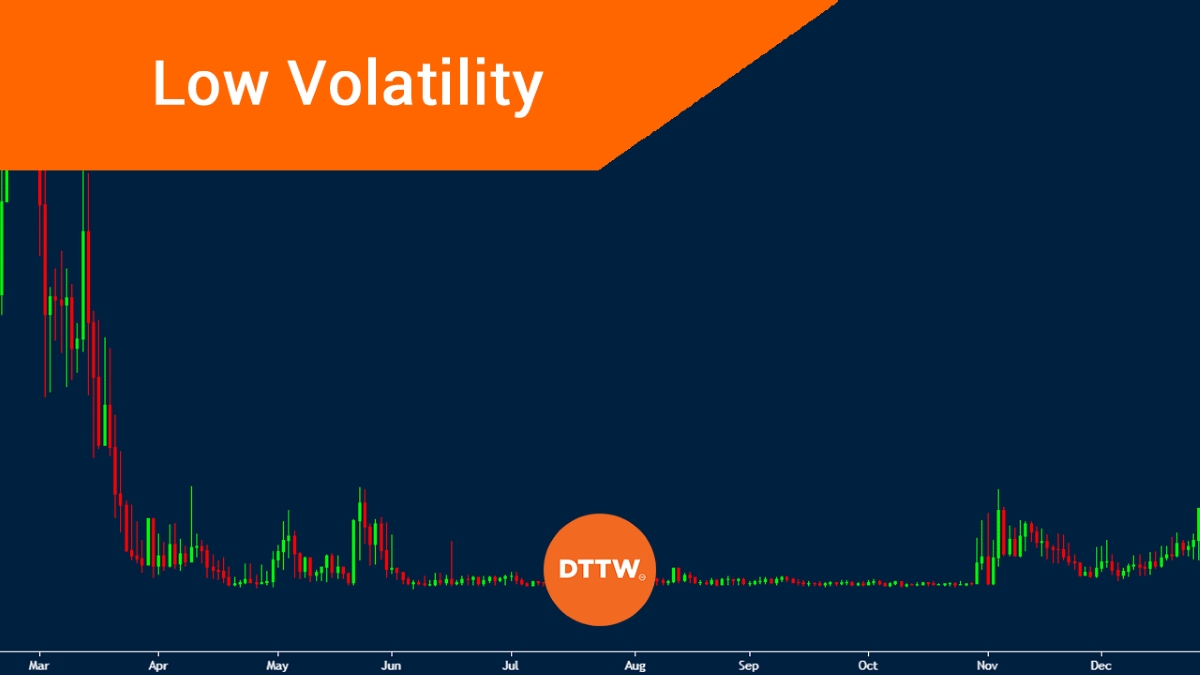Home>Finance>Why Do So Many People Continue To Use Payday Loans Despite The Financial Risk?


Finance
Why Do So Many People Continue To Use Payday Loans Despite The Financial Risk?
Modified: February 6, 2024
Discover the reasons people still turn to payday loans despite the financial dangers. Learn how to navigate the risks and make informed financial decisions.
(Many of the links in this article redirect to a specific reviewed product. Your purchase of these products through affiliate links helps to generate commission for LiveWell, at no extra cost. Learn more)
Table of Contents
Introduction
Payday loans, despite their controversial nature, continue to be a popular choice for many individuals facing financial challenges. These short-term, high-interest loans are often utilized by people who find themselves in urgent need of funds. While the financial risks associated with payday loans are well-documented, there are several factors that contribute to their enduring appeal. In this article, we will explore the reasons why a significant number of individuals opt for payday loans, even in the face of potential financial pitfalls.
The decision to use payday loans is often driven by a combination of factors, including limited access to traditional financial services, immediate financial needs, lack of financial literacy, and psychological influences. By delving into these aspects, we can gain a deeper understanding of the complex dynamics that underpin the continued use of payday loans. Despite the criticisms and warnings from financial experts, the demand for payday loans persists, shedding light on the intricate interplay of financial circumstances, knowledge gaps, and emotional triggers that prompt individuals to seek out these controversial financial products.
The Appeal of Payday Loans
Payday loans hold a certain allure for individuals facing urgent financial needs due to their accessibility and quick approval process. Unlike traditional bank loans, payday loans often do not require a stringent credit check, making them attainable for individuals with less-than-perfect credit scores. This accessibility is particularly appealing to those who have been turned away by mainstream financial institutions, creating a sense of inclusion and opportunity amidst financial hardship.
Moreover, the swift approval and disbursement of funds associated with payday loans address the immediate financial concerns of borrowers. When confronted with pressing expenses such as medical bills or car repairs, the rapid availability of funds through payday loans offers a lifeline for individuals who have exhausted other options. The convenience and speed of obtaining these loans contribute to their appeal, especially in emergency situations where time is of the essence.
Additionally, the absence of extensive paperwork and collateral requirements simplifies the borrowing process, making payday loans an attractive choice for those who may not have valuable assets to pledge as security. This streamlined approach eliminates the bureaucratic hurdles often associated with traditional loans, providing a sense of relief and empowerment to individuals navigating challenging financial circumstances.
Lack of Access to Traditional Financial Services
For many individuals, particularly those from underserved communities, the lack of access to traditional financial services drives them towards payday loans. In these areas, mainstream banks and credit unions may be scarce, leaving residents with limited options for obtaining credit. As a result, payday loan establishments become a prevalent source of financial assistance, filling the void created by the absence of accessible banking institutions.
Furthermore, the stringent eligibility criteria imposed by traditional lenders, such as high credit score requirements and extensive documentation, pose significant barriers for individuals with limited financial resources or blemished credit histories. This exclusionary approach perpetuates the cycle of financial disenfranchisement, compelling many to turn to payday loans as a viable alternative, despite the associated high costs.
Moreover, the geographical distance to the nearest bank or credit union can also hinder individuals from utilizing traditional financial services. In rural or remote areas, the lack of physical proximity to banking facilities can make it impractical for residents to access essential financial products and services. As a result, payday loan providers, often situated in more accessible locations, become a pragmatic solution for those seeking immediate financial assistance.
These systemic disparities in financial access underscore the complex socioeconomic factors that drive individuals towards payday loans. The absence of viable alternatives due to geographic, economic, and eligibility constraints amplifies the reliance on payday loans, perpetuating a cycle of limited financial choices for underserved communities.
Immediate Financial Needs
One of the primary reasons individuals continue to utilize payday loans is the pressing nature of their financial needs. When faced with unexpected expenses or emergencies, such as medical bills, home repairs, or sudden loss of income, traditional borrowing options may not provide the timely solution required to address these urgent situations. In such circumstances, payday loans offer a quick and accessible means of obtaining funds, providing immediate relief to individuals grappling with unforeseen financial challenges.
Moreover, the rigid timelines associated with traditional loan approval processes can exacerbate the urgency of the situation, leaving individuals with limited time to secure the necessary funds. Payday loans, with their expedited application and approval procedures, bridge this temporal gap, offering a swift resolution to immediate financial crises. The speed at which funds can be accessed through payday loans aligns with the time-sensitive nature of many financial emergencies, making them a practical choice for those in urgent need of financial assistance.
Furthermore, the absence of collateral requirements for payday loans eliminates the delay often associated with assessing and securing valuable assets, further expediting the borrowing process. This lack of collateral prerequisites reduces the administrative burden on borrowers, allowing them to swiftly obtain the funds needed to address their pressing financial obligations.
Ultimately, the immediacy of payday loans in meeting urgent financial needs remains a compelling factor for individuals who find themselves in situations where time is of the essence. The ability to swiftly access funds without the protracted waiting periods characteristic of traditional loans positions payday loans as a pragmatic solution for those facing immediate and unforeseen financial challenges.
Lack of Financial Literacy
A significant contributing factor to the continued use of payday loans is the pervasive lack of financial literacy among certain segments of the population. Many individuals, particularly those from economically disadvantaged backgrounds, may not possess the necessary knowledge and understanding of financial products, budgeting, and debt management. This dearth of financial literacy can lead individuals to underestimate the long-term consequences of payday loans, focusing instead on the immediate relief they provide.
Without a comprehensive understanding of the compounding interest and fees associated with payday loans, borrowers may not fully grasp the extent of the financial burden they are undertaking. The allure of quick cash and the absence of complex financial jargon in the loan agreements can obscure the true cost of borrowing, leading individuals to overlook the potential pitfalls and opt for immediate financial relief without fully comprehending the implications.
Moreover, the lack of accessible financial education resources and guidance further exacerbates the issue, leaving individuals vulnerable to making uninformed financial decisions. In the absence of comprehensive financial literacy initiatives, many individuals may resort to payday loans as a stopgap measure without fully considering the long-term repercussions on their financial well-being.
Addressing the underlying lack of financial literacy is crucial in empowering individuals to make informed financial choices and explore viable alternatives to payday loans. By equipping individuals with the knowledge and skills to navigate the complexities of personal finance, they can make more informed decisions regarding borrowing, budgeting, and managing financial challenges, reducing their reliance on high-cost borrowing options.
Psychological Factors
The decision to use payday loans is often influenced by psychological factors, including stress, anxiety, and the cognitive biases that arise during financial distress. When individuals are confronted with urgent financial needs or unexpected expenses, they may experience heightened levels of stress and anxiety, compelling them to seek immediate solutions to alleviate their financial burdens. Payday loans, with their promise of quick and accessible funds, offer a sense of relief and control in the face of financial uncertainty, catering to the psychological need for immediate resolution.
Furthermore, the cognitive biases that emerge under financial pressure, such as present bias and optimism bias, can shape individuals’ perceptions of payday loans. Present bias, characterized by a preference for immediate rewards over long-term consequences, may lead individuals to prioritize the immediate relief offered by payday loans while downplaying the future financial implications. Similarly, optimism bias can influence borrowers to underestimate the likelihood of facing difficulties in repaying the loan, fostering a sense of unwarranted optimism regarding their financial prospects.
Moreover, the social and emotional pressures stemming from the desire to meet immediate financial obligations and avoid potential embarrassment or shame can drive individuals towards payday loans. The stigma associated with financial hardship and the reluctance to seek assistance from family or friends may lead individuals to opt for payday loans as a discreet and expedient means of addressing their financial challenges.
Recognizing the psychological underpinnings of individuals’ decisions to use payday loans is crucial in devising holistic approaches to financial wellness. By acknowledging the emotional and cognitive factors at play, financial institutions, policymakers, and educators can develop targeted interventions and support systems to address the psychological drivers of high-cost borrowing and promote healthier financial decision-making.
Conclusion
The enduring prevalence of payday loans, despite their associated financial risks, underscores the multifaceted factors that drive individuals towards these high-cost borrowing options. From the lack of access to traditional financial services and immediate financial needs to the influence of psychological factors and the pervasive lack of financial literacy, the appeal of payday loans is deeply rooted in a complex interplay of socioeconomic, emotional, and cognitive dynamics.
Addressing the continued use of payday loans necessitates a comprehensive approach that encompasses financial inclusion, education, and support. Efforts to expand access to mainstream financial services, particularly in underserved communities, can mitigate the reliance on payday loans by providing viable alternatives for credit and financial assistance. Simultaneously, initiatives aimed at enhancing financial literacy and promoting informed decision-making can empower individuals to make sound financial choices, reducing their susceptibility to high-cost borrowing options.
Furthermore, recognizing the psychological influences and emotional pressures that underpin individuals’ decisions to use payday loans is pivotal in fostering a deeper understanding of their financial behaviors. By integrating behavioral insights into financial interventions and support programs, stakeholders can develop tailored solutions that address the psychological drivers of high-cost borrowing and promote resilient financial decision-making.
In essence, the continued use of payday loans reflects the intersection of financial necessity, limited options, and the psychological complexities inherent in financial decision-making. By adopting a holistic approach that addresses the systemic, educational, and psychological dimensions of high-cost borrowing, we can work towards creating a more inclusive and financially empowered society, reducing the reliance on payday loans and promoting sustainable financial well-being for all.














